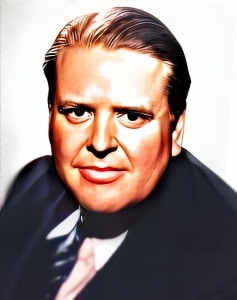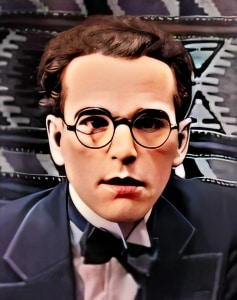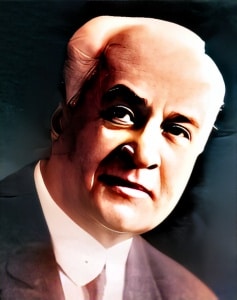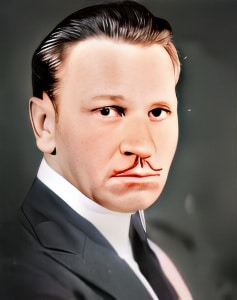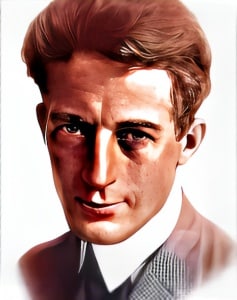 Charles Dudley, a notable figure in the early years of American cinema, was born on October 19, 1869, in Brighton, England.
Charles Dudley, a notable figure in the early years of American cinema, was born on October 19, 1869, in Brighton, England.
His career in the entertainment industry spanned the silent film era and the transition to sound films, showcasing his adaptability as an actor.
During the early 20th century, silent films were the primary medium of entertainment, relying on visual storytelling and nonverbal acting to convey emotions and narratives. Charles Dudley’s ability to engage with this medium and captivate audiences through his performances demonstrated his acting prowess.
Dudley appeared in various silent films, displaying his versatility as an actor. His filmography featured a diverse range of roles, including dramas, comedies, and character-driven characters. His talent for connecting with the essence of his characters and conveying authentic emotions made him a compelling presence on screen.
One of the significant works in Dudley’s career was his role in “The Kid” (1921), directed by Charlie Chaplin. This iconic silent film, featuring Chaplin as the Tramp and Jackie Coogan as the Kid, is celebrated for its emotional depth and humor. Dudley’s performance in the film added to its charm and showcased his ability to engage with complex and touching narratives.
The transition to sound films marked a significant shift in the film industry, challenging many silent film actors to adapt to this new era. Charles Dudley’s adaptability allowed him to navigate this transition successfully, emphasizing his commitment to his craft.
While his name may not be as widely recognized today as some of the leading actors of his time, Charles Dudley’s contributions to early cinema remain a testament to his talent and dedication as an actor. His work in the silent film era and his successful transition to sound films underscore his versatility and commitment to his craft.
In conclusion, Charles Dudley was a talented actor in the early years of American cinema. His career spanned the silent film era and the transition to sound films, during which he showcased his versatility as an actor. While his name may not be as widely recognized today as some of the leading actors of his time, his performances and his ability to adapt to the changing landscape of the film industry remain a valuable part of the rich history of early Hollywood.
Loading live eBay listings...

